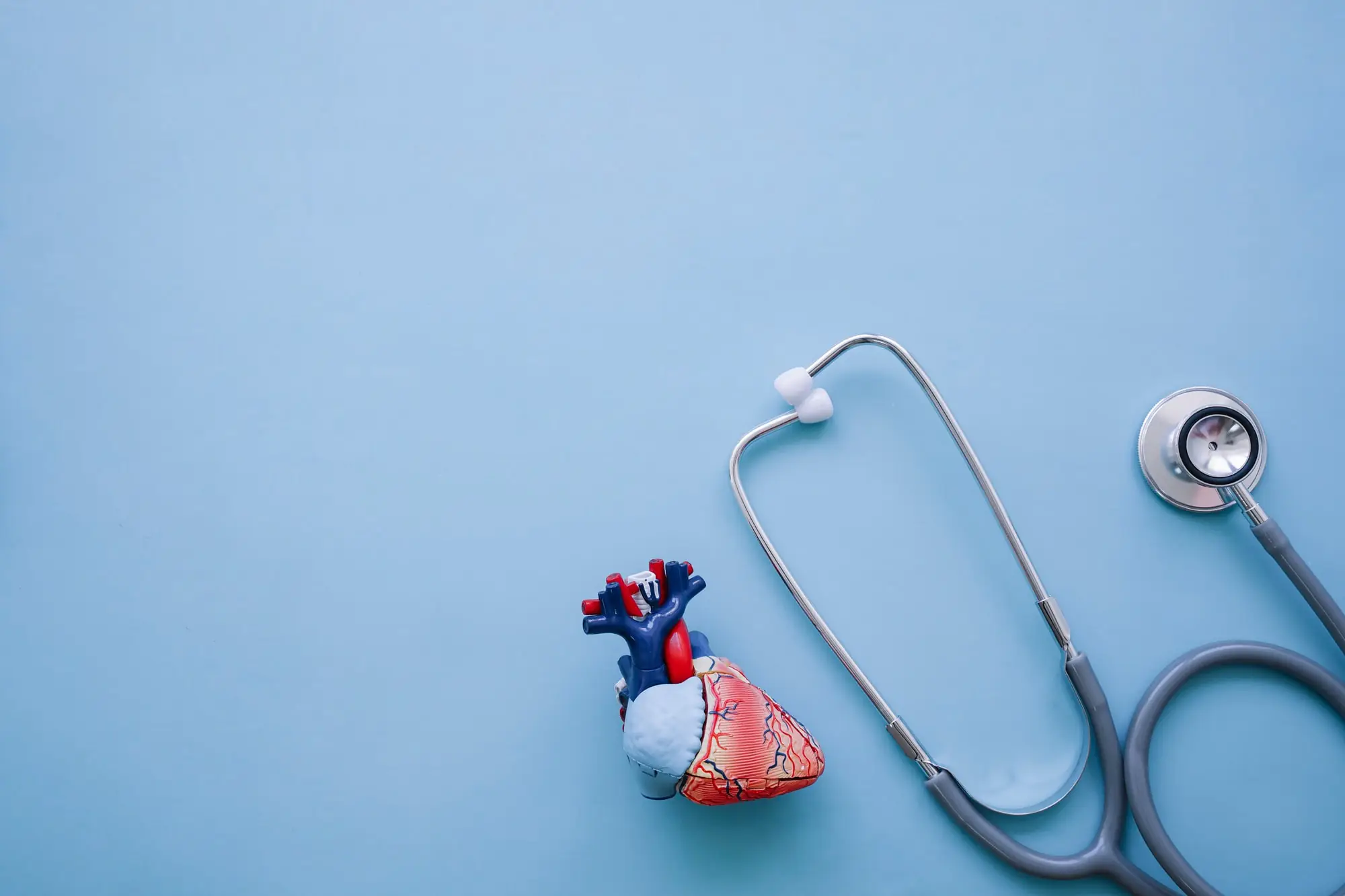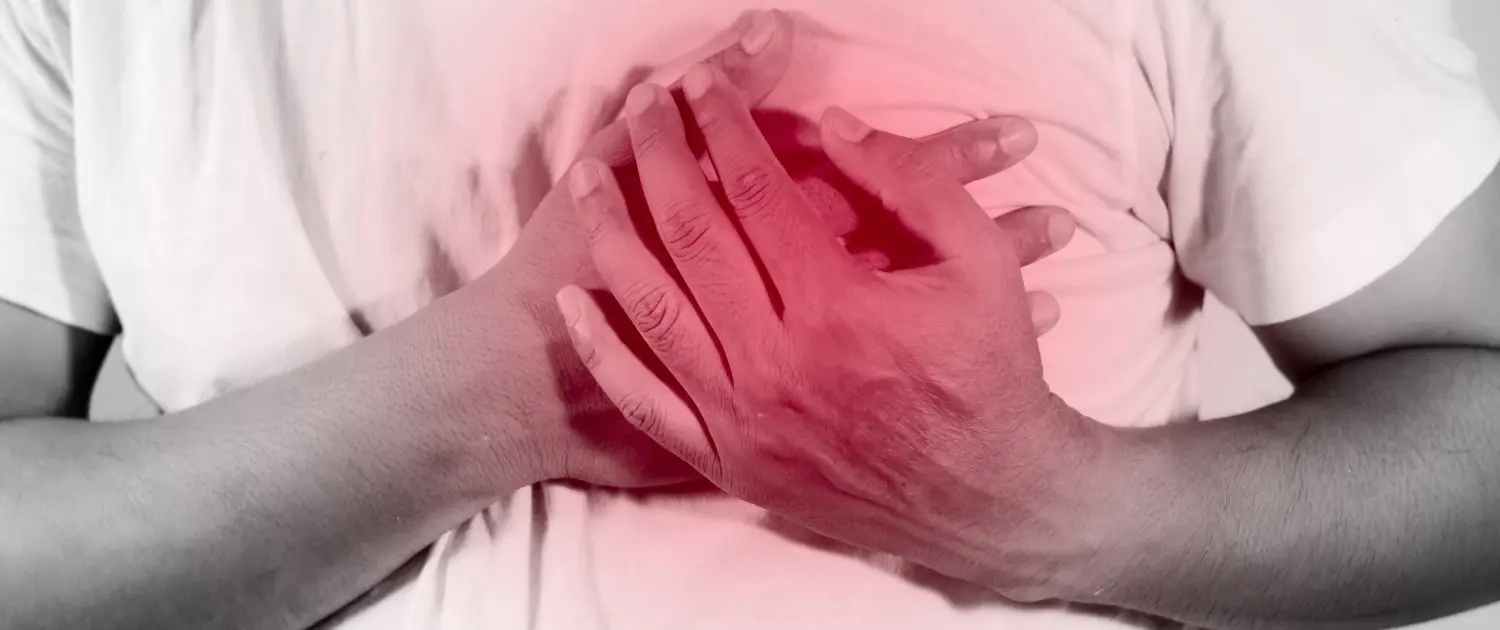What is Food Poisoning? What are the Symptoms?
Food poisoning is a health problem characterized by symptoms such as nausea and vomiting that occurs as a result of consuming food or beverages contaminated with microorganisms, especially bacteria. Food poisoning, which is one of the most common foodborne illnesses, usually goes away on its own within a few days. However, depending on the pathogen causing the poisoning and the person’s immune system, poisoning can lead to serious complications.

What is Food Poisoning?
Food poisoning is a health problem that develops as a result of consuming food and beverages contaminated with microbes such as bacteria, viruses, parasites and fungi. With the rapid increase in the world population, access to food has become more difficult, leading to a rapid increase in foodborne diseases. According to World Health Organization data, approximately 600 million people worldwide face various health problems every year as a result of consuming food contaminated food and beverages. Research shows that food contaminated with microbes can cause more than 200 health problems, from digestive problems to cancer.
Poisoning can be defined as the disruption of the body’s normal functions as a result of a toxic substance entering the body by any means. Toxic substances can enter the body through the digestive tract, respiratory tract or skin. Poisoning through ingestion, especially food poisoning, is one of the most common types of poisoning (4). Foodborne diseases are generally analyzed in two subclasses: poisoning caused by bacteria and poisoning caused by causes other than bacteria. The main causes of food poisoning are as follows:
- Bacteria Bacteria are the most common cause of food poisoning. Among the causes of bacterial food poisoning, E. coli, especially Shiga toxin-producing E. coli (STEC), Listeria monocytogenes, Salmonella, Campylobacter, Clostridium botulinum, Staphylococcus aureus, Shigella and Vibrio vulnificus are among the leading bacteria. According to CDC (Centers for Disease Control and Prevention) reports, there are approximately 1,350,000 cases of food poisoning due to Salmonella bacteria worldwide each year. Although rare, Listeria infections, especially from unpasteurized dairy products, can cause miscarriage or neonatal death in pregnant women and may require immediate medical attention.
- Parasites Although not as common as bacteria, parasites such as Toxoplasma gondii are also among the main causes of food poisoning.
- Viruses Viruses such as Norovirus, Rotavirus, Astrovirus, Sapovirus and Hepatitis A virus can also cause poisoning.
The above-mentioned viruses, bacteria and parasites are usually found in fruits and vegetables
It can be transmitted by not washing, not cooking meat and dairy products sufficiently.
What are the Symptoms of Food Poisoning?
The vast majority of patients with food poisoning may not have any symptoms. However, the symptoms may also differ depending on the factor causing the poisoning. Since food poisoning is a type of poisoning caused by pathogens that enter the body through digestion, digestive system disorders are frequently encountered in patients with symptoms. The first symptoms of food poisoning are nausea and vomiting. In addition, the main symptoms of food poisoning can be listed as follows:
- Abdominal pain and stomach cramps,
- Diarrhea
- Nausea or vomiting,
- Loss of appetite
- Mild fever in some cases,
- Headache
- Fatigue
The symptoms listed above are usually mild and usually resolve spontaneously within a few days. However, in some cases, more serious symptoms may occur and emergency medical intervention may be necessary. The following are the serious symptoms of consuming food and drinks contaminated with various germs:
- Diarrhea lasting more than 3 days,
- Difficulty seeing and speaking,
- Fever higher than 38.9°C,
- Decreased or no urine output due to dehydration (loss of fluid) as a result of symptoms such as diarrhea and vomiting, dry mouth,
- Blood in the urine (hematuria).
These symptoms can be life-threatening, so medical attention should be sought as soon as possible.
How to Treat Food Poisoning?
In most cases, food poisoning goes away on its own without any treatment. However, treatment may be necessary if symptoms such as persistent diarrhea, vomiting or high fever occur. At this point, the majority of patients may wonder the answer to the question “How to recognize food poisoning?”. Patients presenting with complaints such as nausea, vomiting, abdominal pain and diarrhea first have a detailed medical history taken by a specialist doctor. At this stage, the patient may be asked about the foods and drinks they have consumed recently. In cases where food poisoning is suspected, blood tests or a stool sample can be used to investigate the pathogen causing the poisoning. In addition, during the treatment of food poisoning, specialized doctors may prescribe various medications such as antibiotics and antitoxins to alleviate symptoms. It is also important to prevent the development of dehydration in the patient during the treatment process. Patients are therefore advised to drink plenty of fluids. Patients who are already dehydrated or at high risk of dehydration may need to continue their treatment in healthcare facilities.
What is Good for Food Poisoning?
In patients suffering from food poisoning as a result of consuming contaminated food and beverages, it is important to consume plenty of fluids, especially water, to detoxify the body and minimize the risk of fluid loss due to diarrhea and vomiting. However, it is also recommended to consume beverages that can maintain fluid-electrolyte balance such as salt and sugar. However, in some cases such as kidney disease, liver disease, etc., it is recommended to make an appointment with a specialist doctor and have the necessary checks done in cases where food poisoning is suspected in those with health problems that require limitation of water consumption.
How Does Food Poisoning Pass?
Food poisoning usually goes away on its own within a few days after symptoms appear. However, poisoning can cause complications in infants, the elderly, people with suppressed immune systems or pregnant women. In case of food poisoning, it is recommended that patients first take care to eat a regular and balanced diet that does not tire the digestive system. In addition, it is important that people take care to rest and avoid strenuous work, as the body is working to remove the pathogen causing the poisoning. During this period, the consumption of probiotic foods such as yogurt can help to restore the balance between beneficial and harmful bacteria in the intestines. If necessary, experts may also recommend probiotic non-drug products.

Can Food Poisoning Kill?
Food poisoning is not dangerous in most cases and the symptoms usually resolve themselves in a short time. However, food poisoning can cause serious complications in people whose immune systems are suppressed for any reason, such as pregnant women, the elderly, infants and cancer patients. World Health Organization data shows that about 420,000 people die each year from foodborne diseases.
After How Many Hours Does Food Poisoning Become Obvious?
Symptoms of food poisoning may vary depending on the pathogen causing the poisoning. Some microorganisms cause symptoms within a few hours of entering the body, while some microorganisms may require a certain incubation period for symptoms to appear. Therefore, it is not possible to give a clear answer to the question “How long does it take to recognize food poisoning?”. Accordingly, some of the microbes that cause poisoning and the duration of symptoms are as follows:
- Symptoms of Staphylococcus aureus (Staph food poisoning), usually caused by food that has not been cooked after processing, usually manifest themselves within 30 minutes to 8 hours.
- Mostly transmitted through raw or undercooked shellfish, Vibrio symptoms usually start within 24 hours.
- Clostridium perfringens symptoms usually start within 6 to 24 hours.
- Salmonella can be transmitted through many foods such as raw or undercooked meat and meat products, eggs, raw milk, raw fruits and vegetables, and symptoms usually start between 6 hours and 6 days.
- Usually transmitted through contact with leafy green vegetables, fresh fruits, shellfish, contaminated water and surfaces contaminated with the virus, symptoms of Norovirus usually start within 12 to 48 hours.
- Clostridium botulinum symptoms usually start within 18 to 36 hours
- Symptoms of E. coli usually start within 3 to 4 days.
In addition, it can often take up to 2 weeks for symptoms of Listeria infection to appear, which can cause serious complications, especially in pregnant women.
What are the treatment methods that can be applied at home in case of food poisoning?
When it comes to home treatment methods for food poisoning, the first thing that comes to mind is drinking plenty of fluids. However, it is also important to eat a healthy and balanced diet during this period. People suffering from poisoning are advised to eat low-fat and non-spicy foods that are easy on the digestive system, such as bananas, rice and yogurt. It is also important to avoid caffeine, alcohol and smoking as they can worsen symptoms.
Food poisoning can cause serious complications in people at high risk. For this reason, it may be important to seek help from a specialist doctor in cases where foodborne diseases are suspected.




